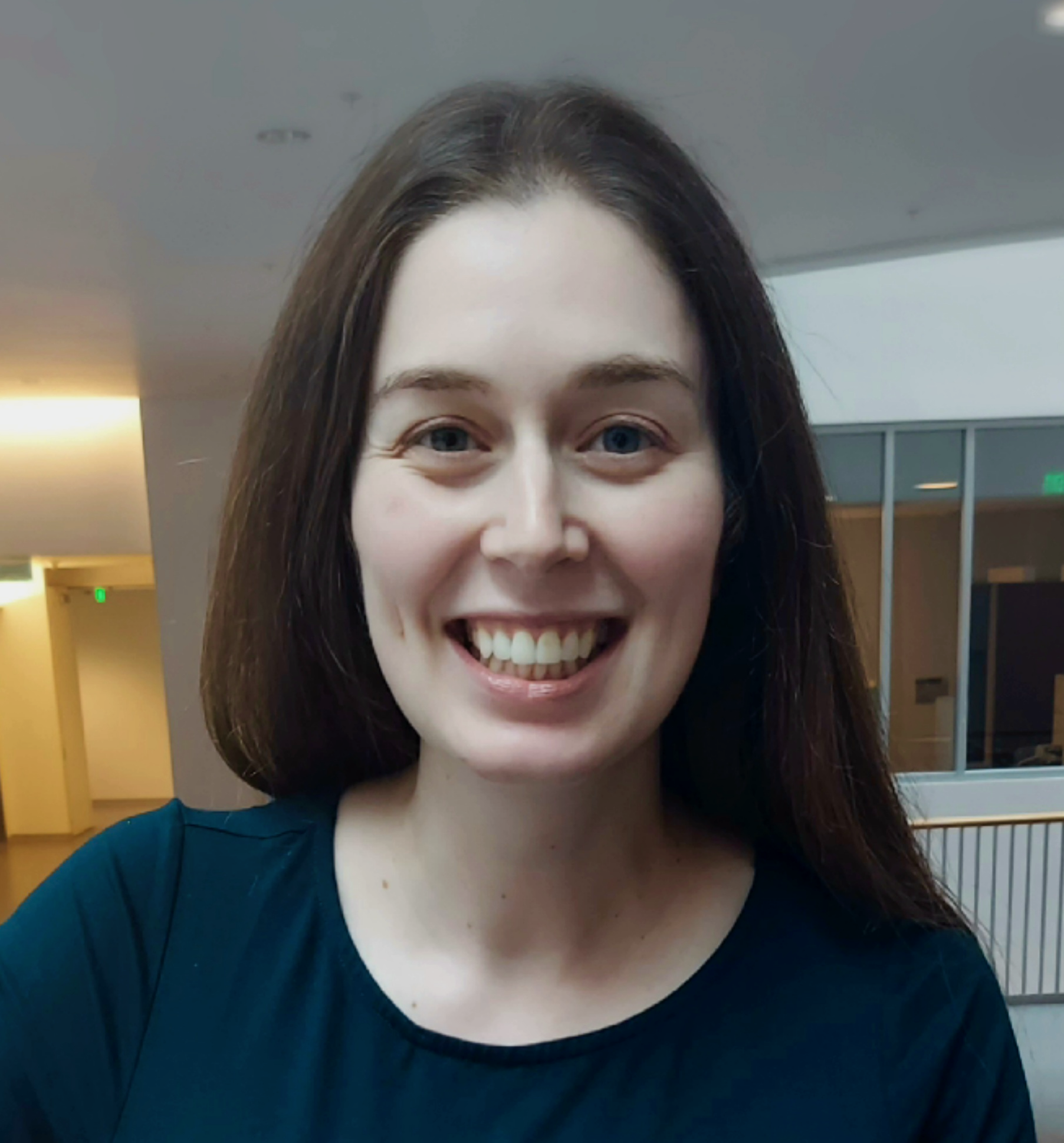Courtney Lane-Donovan, MD, PhD, Receives 2024 Irene Perstein Award to Investigate Link Between Aging Cell Biology and Neurodegenerative Diseases
 Courtney Lane-Donovan, MD, PhD, assistant professor in the Division of Memory and Aging of the Department of Neurology, has been awarded a 2024 Irene Perstein Award recognizing her research on the connection between aging brain cell biology and neurodegenerative diseases.
Courtney Lane-Donovan, MD, PhD, assistant professor in the Division of Memory and Aging of the Department of Neurology, has been awarded a 2024 Irene Perstein Award recognizing her research on the connection between aging brain cell biology and neurodegenerative diseases.
The Perstein Award will help Dr. Lane-Donovan develop and support mouse models to study the changes in cell biology that happen with aging, with a particular focus on a part of the cell called the lysosome.
“I’m really grateful that they selected me for this award. It’s an incredible honor,” said Dr. Lane-Donovan. “Within neurology, we’re starting to have really good interventions for many disorders, but there’s still such a need for better treatments within neurodegenerative diseases.”
Acknowledging that Alzheimer’s, Parkinson’s, and frontotemporal dementia similarly have their own proteins that misfold and accumulate with age, which cause the individual diseases but are otherwise similar, Dr. Lane-Donovan wanted to take a different approach and look at it from another direction.
“You don’t get these diseases when you’re 20 or 30. You get them when you’re 60, 70, 80,” she said. “So, there might be something about the biology of an aging brain or an aging neuron that renders the brain more susceptible to developing these diseases.”
Focused on the part of the cell called the lysosome, which is responsible for breaking up proteins that become misfolded and accumulate with disease, Dr. Lane-Donovan is working on a two-part project to study the changes that happen within the lysosome during aging.
The first project will examine changes in lysosomal pH within different cell types and regions of the brain. Dr. Lane-Donovan's guiding hypothesis is that the regions of the brain affected by disease are the areas where lysosomal pH is particularly changing.
“We’re already finding some really interesting differences between cell types,” she said. “So different types of cells in the brain seem to have different resting lysosomal pHs, which could have interesting implications for how they process proteins.”
The lysosome is only about one percent of the cell, which makes it difficult to study subtle changes within the lysosome in the context of the whole cell. Dr. Lane-Donovan's second project supports a mouse model that will allow her to produce a readout of how the lysosomal function is changing with age by isolating lysosomes from neurons and other cell types.
Dr. Lane-Donovan has always been interested in curing diseases, but it was during medical school that she became interested in neurology and neuroscience. While studying Alzheimer’s during her PhD, she became curious about the link between aging and neurodegenerative diseases, which is one reason she has been inspired to continue down this path. The other? Her patients.
“As a physician scientist, I take care of patients with these diseases, primarily Alzheimer’s and frontotemporal dementia,” she said. “I’m aware of how much this impacts patients and their families and the lack of good treatment.”
Dr. Lane-Donovan believes there will continue to be incremental advances and treatments, but that scientists need to expand their thinking beyond the individual proteins that build up and focus more on what’s going wrong within the cell that leads to the accumulation of the proteins.
“Who knows what we’re going to find,” Dr. Lane-Donovan said, but she is hopeful her research may open new pathways for treatment. “Right now, we’re in the discovery phase, and you have to discover something before you can treat it.”
The Irene Perstein Award was founded in 2007 and honors the legacy of Irene Holmes Perstein who left a bequest to provide annual awards to outstanding junior women scientists in the UCSF School of Medicine. Two other UCSF faculty members, Sheiphali Gandhi, MD, MPH, and Monica Yang, MD, are also 2024 Irene Perstein Award recipients.
